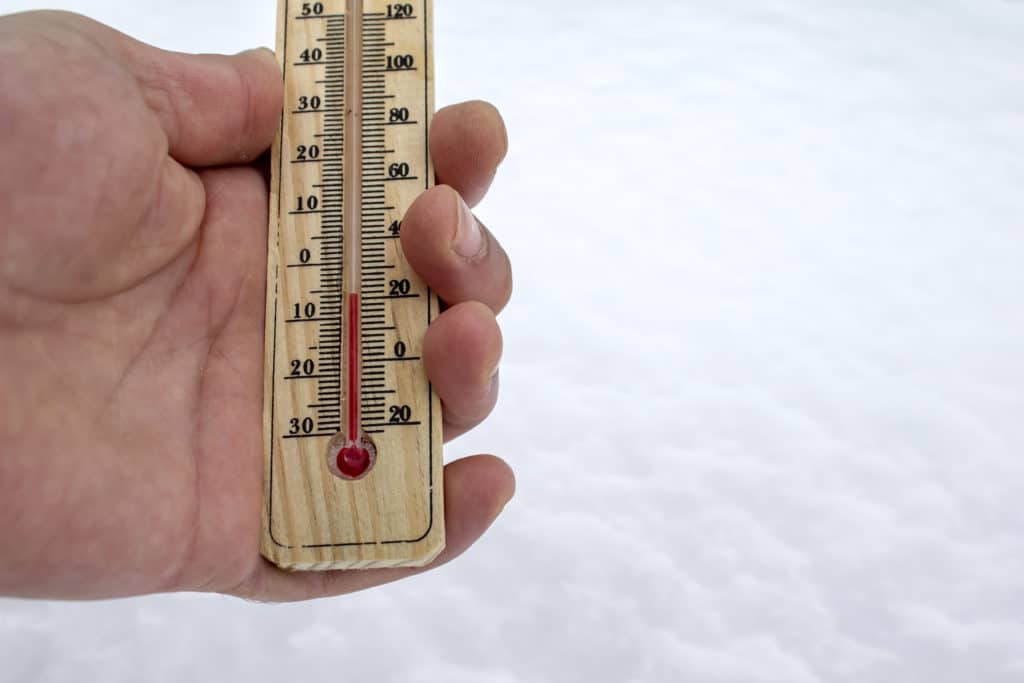Sporting Life

Divining Winter on the Bay
By Dennis Doyle
Editor’s Note: Sporting Life columnist Dennis Doyle decided to weigh in on our feature story from last week with some weather prognostications he has heard around the Bay.
We’ve had our share of wild weather around the Chesapeake but just imagine how nasty it was, not too long ago, with little to no forecasting. Few small craft warnings, no bad weather alerts, not even accurate hurricane, tornado, or gale notices or snow alerts. Heavy weather can be a very unpleasant surprise.
Weather forecasts of some type have actually been attempted since the mid-1800s but until electronic communications became possible and timely radio and television presentations were commonplace not much public attention was focused on general weather forecasting. By the time we got the info, we were already experiencing the results.
Accurate and real time forecasting today, though incredibly complex and a science unto itself has finally become a critical part of everyday life and mostly taken for granted. However, let’s imagine for a minute what life was like relying on the many forecasting axioms created over time through the observations of farmers, fishermen, boaters, hunters and regular folk trying to develop a fix on what was to come.
“Red sky at night, sailors delight. Red sky in morning mariners take warning.” Still accurate today and still commonly quoted around the Chesapeake but very short range.
“Yellow sky at night, strong winds are nigh.” Fairly consistent.
“Wind from the north, wise sailors do not go forth. Wind from the east, fish bite the least. Wind from the South, blows the hook into the fish’s mouth.” Frequently quoted, uncannily accurate for anglers.
“Woolly worm caterpillar bands, black and brown equal: moderate to mild winter. Brown (middle band) smaller than the black bands on the ends: hard, cold winter.” I’d bet hardly anyone knows what a woolly worm is anymore, nor can even find one.
“High-flying geese, frigid temperatures coming soon.” Yep. That one still works.
“Smoke from chimneys wandering low. Bad weather sure to follow.” Yep, also reliable.
“Rain by seven, clear by eleven.” Sounds good and usually works.
“Turtles crossing the roads, rain ahead for sure.” Not sure of its accuracy but far too amusing not to list.
“Rings around the moon, bad weather soon.” Definitely.
“Birds out and feeding in bad weather means more is already on the way.” Good bet.
“Aching knees always means foul weather to me.” And everyone else of age I know.
“Clear night moon means frost soon.” Works all fall.
That’s a lot of climate proverbs to remember and most are very short term but back in the day it was what we had. Now we’ve got excellent forecasting, both short and long range, so much so that it’s irritating when it’s incorrect. But the chances for a warmer winter this year are slim, unfortunately. The general forecasts are for a harder and colder than normal winter season coming. Editor’s note: That’s not what our experts said!
According to my personal soothsayers, though, our winter will be coming late. The Canada and snow geese have not arrived in any numbers on the corn and soybean fields on the Eastern Shore and not many ducks are yet rafting around Bay waters, the prime outdoor person’s indicator of foul weather descending. Plus most of the woodland game are still lightly furred and feathered, yet another clue. We’ll know for sure within time. ‘Tis a long way to spring.
The final word on the subject for me is the old Scandinavian proverb, “There is no bad weather, only bad clothes.” And of this they should know and we should be prepared.
